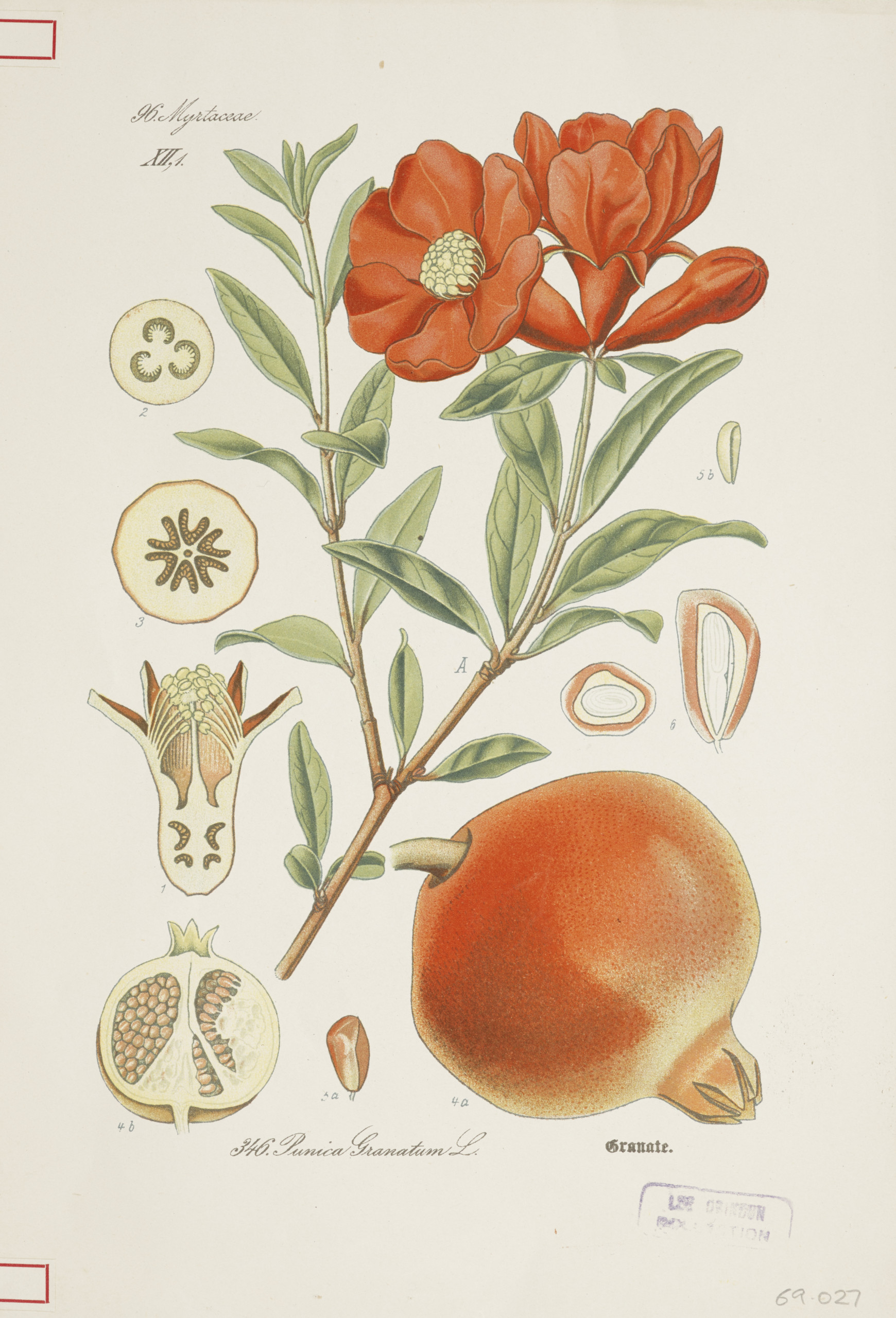
in Português brasileiro / Brazilian Portuguese translated by Marina
This object has been translated into 11 different languages by 11 different users
Esta ilustração pertence a coleção de Leo Grindon, que é uma coleção de diferentes espécimes e ilustrações de muitas fontes diferentes. Seu interesse particular eramas plantas cultivadas em jardins e estufas, formando uma grande coleção de mais de 40.000 espécimes. Leo Grindon fez um trabalho pioneiro na educação de adultos entre as classes trabalhadoras de Manchester no século 19. Ele incentivou o interesse por plantas e jardinagem para tornar a vida menos sombria e fornecer uma maneira de cultivar sua própria comida.
Você já cultivou sua própria comida?
Do you have something you’d like to say, in your own language or English, about the object or translation? We’d like to hear what you think.
Translations are community-sourced and for anyone to participate in, however you use your language. For more information, see Community Guidelines.
21 Feb, 2024
I came to visit Manchester, and having the texts written in Malayalam was definitely not something i was expecting. I must say the museum is very well curated and having different languages explaining the contents just expands on the inclusivity the Manchester museum fosters.
26 Sep, 2023
Beets growing in my garden in Transylvania, Romania.
26 Sep, 2023
Image:
4 Sep, 2023
I speak here in Lusoga, one of the languages of Uganda, about growing vegetables in our backyard here in Manchester.
26 Sep, 2023
The label says the word for cabbage in Luganda: Emboga
26 Sep, 2023
The label says the word for onion in Luganda: Obutungulu. We are growing onions in our community garden in Trafford.
25 Aug, 2023
We love gardening. I spoke in Hungarian& Romanian about what we grow in our garden in Arad, Romania. Growing up I used Hungarian with my mother and Romanian with my father. These days I don’t use Hungarian very often and it’s not always easy to find the right words. I also said a few things in Romanian.
26 Sep, 2023
Rosii la noi in gradina
12 Aug, 2023
Our company, HB GreenAgro Solutions, is dedicated to helping people take care of their trees and enjoy the bounties of nature right in their own yards. Through our tree pruning services, we ensure that trees are in optimal condition to provide delicious and healthy fruits. We encourage individuals to actively engage in the tree care process, allowing them to acquire essential knowledge and skills for maintaining the health of their trees. We believe that this not only enhances the aesthetics of their yards but also fosters a deeper and more respectful connection with nature, benefiting both the environment and each household individually.
12 Aug, 2023
Chiar este nevoie sa invatam mai multe despre plante, despre viata lor si despre felul in care ne putem bucura mai din plin de ele. Mult succes!
27 Jun, 2023
During one of our Sustainability & You classes at the Powerhouse Library in Moss Side (Manchester) we talked about growing our own food. We got some excellent tips on growing microgreens together with some hands on experience of growing from seed.
By the way, our class is about a 10 minute walk from where Leo Grindon lived and taught others about growing their own food.
27 Jun, 2023
Notes on culture
It’s probably not surprising to many people that food is a very significant part of Italian culture. Italian cuisine is well-known all over the world and Italians are usually very proud and protective of their local dishes. However, what may be less expected is the fact that many Italians grow their own fruits and vegetables. As a matter of fact, recent research by Coldiretti/Ixè showed that 6 Italians out of 10 grow vegetables on their balconies, on terraces or in their gardens. These practices have substantially increased in popularity, so much so that cultivated areas in Italy have reached 174 million square meters. Moreover, larger Italian cities have started following the example of other European countries, such as Germany and the Netherlands, and decided to set up shared vegetable gardens for the local communities. These communal gardens present a great opportunity to foster forms of aggregation between citizens and to ensure the upgrade of green areas in the city.
Many of my own family members grow fruits and vegetables. My father is a big fan of chili peppers, so he always grows at least 3 or 4 assortments on his terrace and then uses them to add spice to all sorts of dishes. My mom on the other hand really enjoys citrus fruits so she has a small but very fruitful lemon tree. She uses lemons for many things, but most commonly she uses it to make lemon and ginger tea, which is healthy and delicious. However, the most prolific gardener in my family is my great-aunt. Throughout my life, I have seen her grow all sorts of fruits and vegetables on her balcony, the most common being tomatoes, basil, mint and even strawberries!
31 May, 2023
In Tigrinya, audio about growing your own food.
30 May, 2023
Text written in Amharic as part of a discussion on growing our own food, herbs and spices. It is about the many benefits and uses of the mustard plant in Ethiopia.
23 May, 2023
Arabic text about the benefits of the guava fruit. The text was written as part of an ESOL project with Somali Advice Link and the Powerhouse Library. We talked about plants and trees from our childhood growing up in different parts of the world.
25 Apr, 2023
In Romani, audio